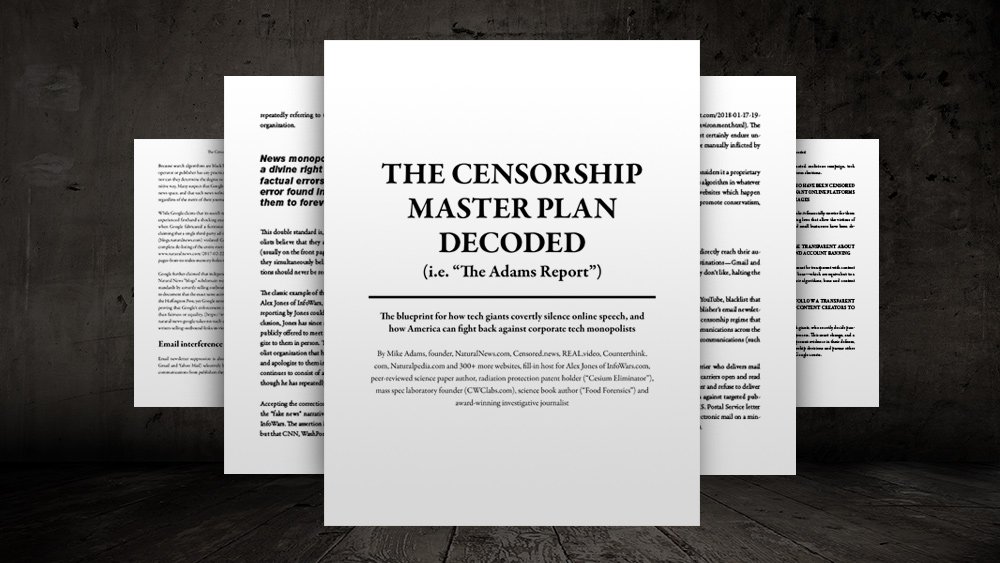Wyoming’s “ag-gag” law, designed to block video investigations of animal cruelty, deemed unconstitutional
09/14/2017 / By Isabelle Z.

When Wyoming enacted an “Ag Gag” law that made collecting research data on public and private land a criminal offense, many people feared that factory farms would be able to carry out horrific acts unchecked. Now, however, in a huge victory for consumers, Wyoming’s 10th circuit ruled that the law is unconstitutional.
Two years ago, the state passed two trespass laws that outlawed people from going on “open land for the purpose of collecting resource data” unless they had prior permission from the owner. The law’s definition of “collecting” entailed taking samples of material or photos that are intended for submission to a state or federal agency. Last year, an amendment to the law meant that anyone who crossed private land in such pursuits was also acting illegally.
Many environmental groups say such laws stop them from uncovering harmful practices and revealing them to the public, so several of them sued the state. One group, Western Watershed, gets water samples from public lands situated downstream from agribusinesses and ranches to test for contamination with E. coli.
Other groups joining the suit included the Center for Food Safety and the Natural Resources Defense Council. Even the National Press Photographers’ Association joined in because the statute could have allowed criminal charges to be filed against anybody for taking pictures on public land if they accidentally crossed an unmarked private property to reach it, even on a designated public street.
The plaintiffs also argued that the laws were unconstitutional in preventing them from collecting samples of water on public lands and making handwritten notes about the habitat conditions they saw. Even making audio recordings of their observations of vegetation or taking pictures of animals was banned.
The bill was introduced just a few weeks after nine workers at a factory in the state that supplies to Tyson food were charged with animal cruelty after an undercover Humane Society investigation videotaped workers there kicking and beating baby and mother pigs. Critics of the law point out that two of the lawmakers who introduced the bill have ties to Big Ag.
Not the first time an “Ag Gag” law has been ruled unconstitutional
According to the Natural Resources Defense Council, this decision is the third time in the past two years that a federal court has used the First Amendment on a state statute that tries to criminalize collecting information about agricultural practices.
A federal judge ruled this summer that the ban in Utah on undercover recordings of farm and slaughterhouse operations was unconstitutional. In 2015, a similar law in Idaho was found by a district court judge to be in violation of the First and Fourteenth Amendments.
Those who expose these violations save the lives of humans and animals alike
Banning these investigations into possible breaches of environmental laws puts the health of people in the state at risk and allows polluters and corporations to get away with acting irresponsibly. Such laws essentially turn the tables on journalists and investigators who are trying to uncover criminal acts and turns them into criminals themselves, and many people believe these laws are designed to protect corporate profits.
In addition, undercover factory farm investigations have uncovered the dangerous mishandling of foods like eggs and meat in ways that can cause health risks like Salmonella, mad cow disease and E. coli. Those who document and expose animal cruelty and safety violations that put people’s health and lives at risk should be applauded, not convicted of a crime.
Sources include:
Tagged Under: Ag Gag law, Ag-Gag, animal cruelty, Factory farms, First Amendment, Fourteenth Amendment, Tyson Foods, unconstitutional, Whistleblowers, Wyoming




















